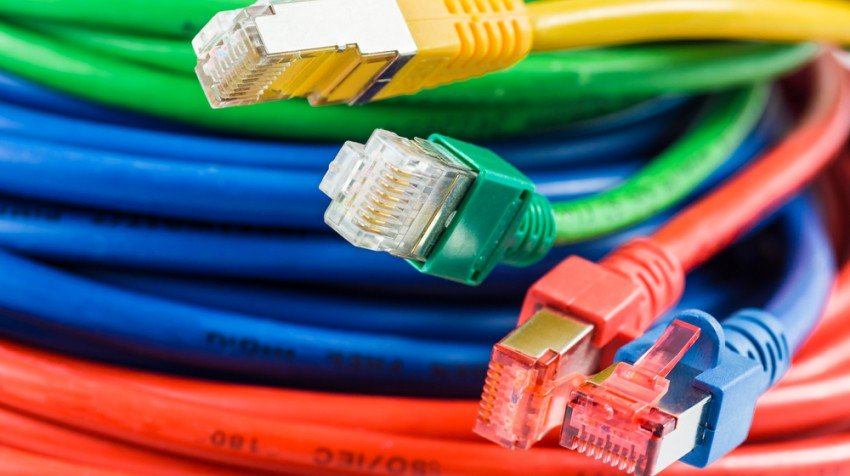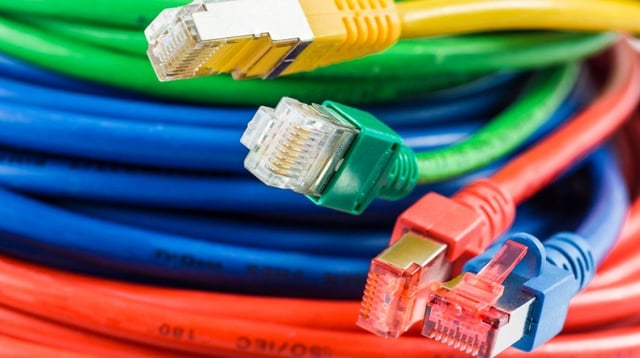Cat5 or Cat6? What's the difference and what do you need?
If you're planning on building a new house or office (or maybe you want to replace your existing...


Most people these days have cable internet in their homes. Meaning, the internet connection feeds through a cable line that is usually shared with a TV service that's also shared with other subscribers who feed into the same hub somewhere in your neighborhood. It's common just about anywhere there's TV service.
On the other side of the spectrum ( no pun intended), are folks with DSL. Which by the way, DSL (digital subscriber link) isn't dial-up internet like many wrongly assume it is. DSL does use copper telephone lines that in most cases already exist in your home, but again, it's not dial up. It's also a direct connection to the internet and is not shared with your neighbors in the way a cable connection is.
So, which is better for you?
It really comes down to determining your needs when it comes to internet speed and reliability. Cable internet tends to be faster no matter where you live, while DSL speeds tend to vary depending on where your home is as it gets slower the further you are from a provider's central location. However, cable tends to see more fluctuations in speed, whereas DSL is a direct line and the speed you get is usually pretty consistent at any time.
Typically, heavy internet users tend to favor cable connections because they tend to be faster both in download and upload speeds, whereas casual or light internet users may prefer DSL because of it's simple reliability, the already existing telephone lines in the home and usually, because the prices tend to be lower than those from cable company providers.
Both have advantages and disadvantages, meaning the best option for you is the one that fits how how much and when you use the internet on a regular basis.
Want to dig a little deeper and learn more about the differences? Check out Webopedia's great article on the topic right HERE, as well as the video below.
If you're planning on building a new house or office (or maybe you want to replace your existing...
What good is a great Wi-Fi system if you aren't taking advantage of high-speed internet pumping...